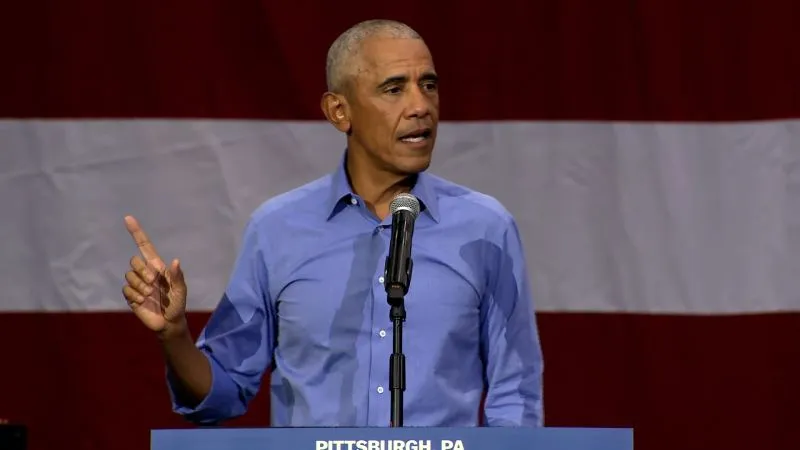Climate and Environmental Policies
Biden's climate initiatives, such as the CHIPS Act and Justice40, are insufficient. They rely heavily on market-based solutions like tax credits and incentives, which fail to challenge the power of fossil fuel industries or enforce stringent regulations necessary for rapid decarbonization. The slow implementation and lack of aggressive action on carbon removal and methane reduction highlight a reluctance to confront corporate interests directly (McCarthy, 2023; Hsu, 2023).
Social Equity Initiatives
Executive Order 13985 focuses on equal outcomes but does not address systemic issues that perpetuate inequality. This approach lacks a transformative vision to dismantle entrenched structures of racism and economic disparity. True social equity requires redistributive policies that go beyond symbolic gestures and tackle wealth inequality, housing, and education access head-on (Gordon, 2021; Alexander, 2021).
Healthcare and Social Programs
Biden's healthcare policies, including the proposed public option, fall short of the comprehensive reform needed. They maintain the dominance of private insurance companies instead of moving towards a universal single-payer system that guarantees healthcare as a human right. Similarly, student loan forgiveness initiatives are piecemeal solutions that do not address the root problem of skyrocketing education costs driven by profit motives in higher education (Klein, 2021; Friedman, 2021).
Labor and Economic Policies
While expanding overtime pay and consumer protections are steps in the right direction, they do not fundamentally alter the power dynamics between labor and capital. These measures fail to address wage stagnation, job insecurity, and the erosion of union power. A better approach would prioritize empowering workers through stronger labor rights, collective bargaining, and significant wealth redistribution (Bivens, 2022; Jacobs, 2022).
Gun Control Measures
Biden's gun safety legislation is inadequate in addressing the systemic causes of gun violence. It focuses on moderate reforms like background checks without challenging the influence of the gun lobby or addressing deeper issues such as economic inequality and lack of community resources. A more appropriate approach would involve investments in mental health services and community-led violence prevention programs (Miller, 2021; Vanneman, 2021).
References
- Alexander, M. (2021). The New Jim Crow: Mass Incarceration in the Age of Colorblindness. The New Press.
- Bivens, J. (2022). "The State of Labor in America." Economic Policy Institute.
- Friedman, Z. (2021). "Biden’s Student Loan Forgiveness Is Not Enough." Forbes.
- Gordon, A. (2021). "Racial Equity and Systemic Change." Brookings Institution.
- Hsu, S. (2023). "The Challenges of Biden's Climate Agenda." The New York Times.
- Jacobs, K. (2022). "Labor Rights in America: A Historical Perspective." Jacobin Magazine.
- Klein, E. (2021). "Why Biden's Healthcare Plan Falls Short." Health Affairs.
- McCarthy, J. (2023). "Biden’s Climate Policy: A Mixed Bag." The Guardian.
- Miller, M. (2021). "Gun Control Legislation: What’s Missing?" The Washington Post.
- Vanneman, R. (2021). "Understanding Gun Violence: A Community Approach." Vox.

